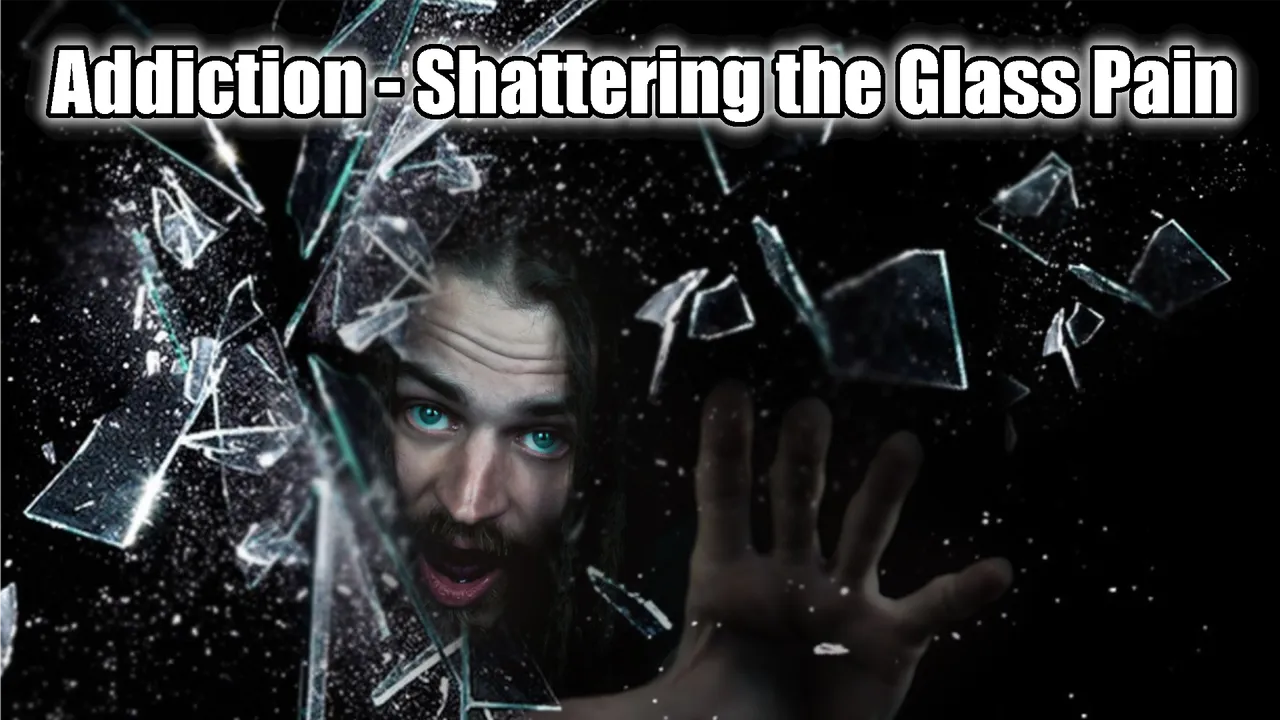 Modified using an Image by Ri Butov from Pixabay
Modified using an Image by Ri Butov from Pixabay
In the @ecotrain's QOW @eco-alex asked:
What habits or addictions, both good and bad, have you developed, and which you would like to get rid of?
This post has turned into a rather lengthy explanation and partly autobiographical post about the nature of addiction. The intricacies of addictive personality Vs Addict mentality etc, pls forgive me as this is a subject very close to me of which I have a huge amount of experience.
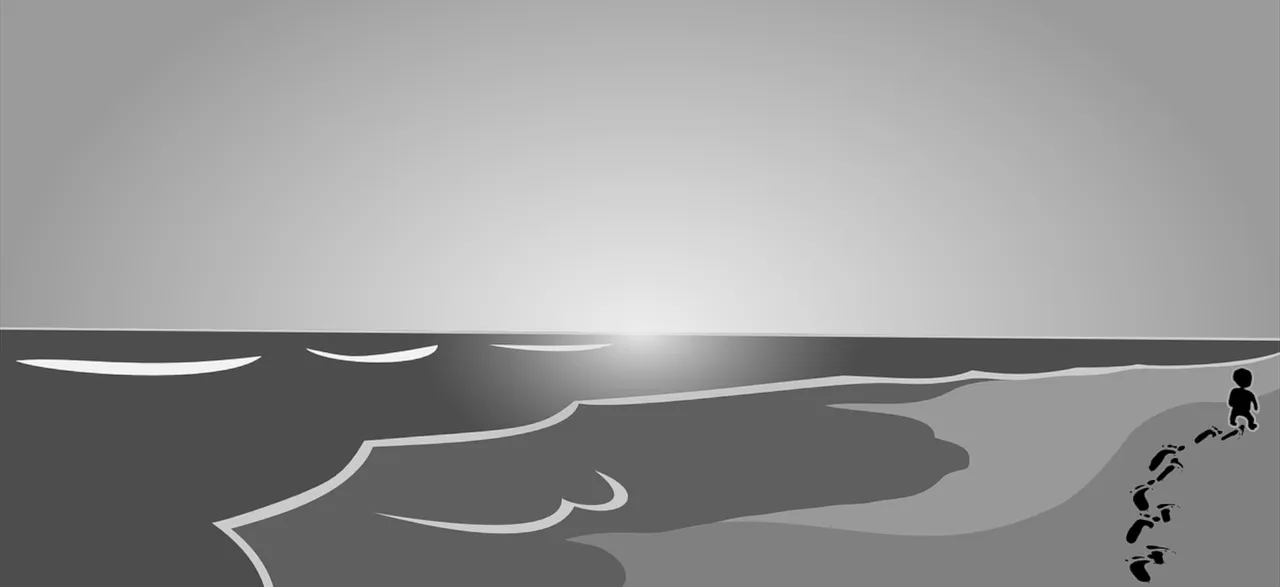 Image by OpenClipart-Vectors from Pixabay
Image by OpenClipart-Vectors from Pixabay
Addict Vs Addiction - Opening a Can of Worms
I’ve often found myself oversharing a little on hive, and I don’t regret this for the most part. Honesty in writing is where the diamonds are found; those interesting shimmering passages of writing can provide insight and practical solutions for people who suffer similar issues.
Oversharing could be rightly defined as sharing experiences honestly that some people may find uncomfortable.
So here we go.
I’ve always had an addictive - or to put it more mildly, an obsessive - personality.
From the age of 3-5 I was obsessively interested in nature; particularly animals/mammal species. This obsessive interest was shared by one of my best friends at the time, and it manifested in me as an almost instinctual and deeply emotional reaction to the many species extinctions that were happening in the late 70s and early 80s. We even used to write our own mini-fact books about particular animals and make clay creatures etc to sell to parents at fundraising days for the World Wildlife Fund.
This may all seem very positive, and cute, and it is, to be honest. But my friend had other interests, he showed a reasonable level of positive interaction with other children whereas I remember having difficulty with humans even at this early age, a kind of distrust born of my obsession and observation of what we as a species were doing to the other creatures of our world, hunting and decimating their habitat.
Recently (I’m over 40 years of age now) I was watching a nature documentary about the rapidly shrinking rainforests of the Amazon basin. The scene transitioned from a part where spider monkeys had been chased away from a salt lick by a Jaguar, to a scene where a smaller predatory cat was approaching the same pair of monkeys and my mind just said Ocelot to me. This came from nowhere as if a child’s voice calling from the distant past to impress a parent. This voice was promptly followed by David Attenborough’s dulcet tones declaiming “but all is not safe for the spider monkeys yet… an Ocelot is on the prowl.”
This level of imprinted memory is not normal for someone without a photographic or eidetic memory; it is the result of an early obsession/addiction.
As the years passed from childhood to adolescence I was never without some obsession/addiction. I collected rocks and shells, little baskets of material I studied meticulously. This didn’t last long and soon I graduated to the ultimate marketing construct ever dreamt up to take advantage of adolescents with addictive tendencies; Games Workshop.
At first, I was strictly a Warhammer fantasy battle guy, but I soon graduated to Warhammer 40k, collecting and painting these small lead figurines to make up armies to march out onto the battlefield. I was also an avid player/dungeon master of Advanced Dungeons & Dragons, and in this period became massively obsessed with the mythology behind Tolkien’s world setting of Lord of the Rings.
This feeds into some of what @ecoalex asked us to explore in this question about if some addictions can be positive, and I would say that some can be.
I write fantasy fiction, I wouldn’t have the knowledge or affinity for the meticulous planning that you need to do before starting work on a book/short story to write decent fantasy without these early obsessions, particularly in writing campaigns and quests in the Advanced Dungeons & Dragons Forgotten Realms setting.
But on the flip side of the coin, my obsession with games workshop battle systems led to nothing other than wasting a lot of money on over-priced figurines, rule books, and paints that were discarded within 5 years.
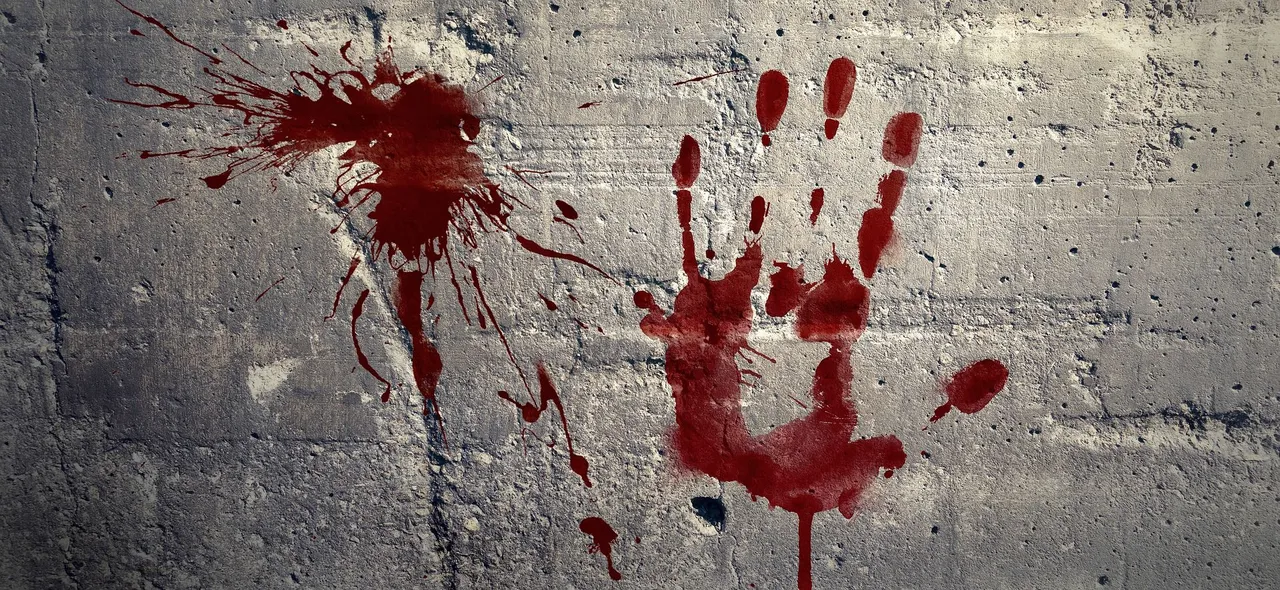
Image by Stefan Keller from Pixabay
Trigger Warning Ahead: If You Suffer PTSD or have experienced abuses in your life maybe skip this next section. There are no graphic descriptions involved, but if you'd prefer not to read about an abuse victim, skip it to the next section with the picture of marijuana.
This leads me to that fulcrum where a cute story swings rapidly into the darker side of the origins of addiction. When I was about 15 I met someone who had a hard life, and when I say a hard life I mean very hard. They had undergone extreme emotional, physical, and sexual abuse from a very early age. They were fragmented, psychologically/emotionally, and often manifested extreme swings in behavior. In psychological terminology, they suffered Complex Post Traumatic Stress Disorder (CPTSD) which is basically PTSD where the source of abuse has happened over a long period of time.
Just as soldiers experience PTSD because of battlefield trauma (most often a finite amount of emotional devastation or focused on a single act of violence that bridged a line they thought they’d never have to cross), victims of extreme childhood abuse suffer CPTSD which manifests from a situation where they are trapped in circumstances beyond the imaginings of most compassionate human beings. Unfortunately, due to my nature, my obsessional tendencies, and strong empathetic emotional intelligence, I unconsciously took on a lot of this abuse.
I can remember becoming extremely self-harmful punching walls and my wardrobe because I just couldn’t cope with the FACT that nothing could be done to stop the perpetrators of this level of abuse. I was extremely angry throughout most of my teenage years, knowing I could talk to none of my friends about this as they’d have labeled me insane and avoiding confrontation because I wasn’t sure what would happen if I let out this anger in a real-world fight.
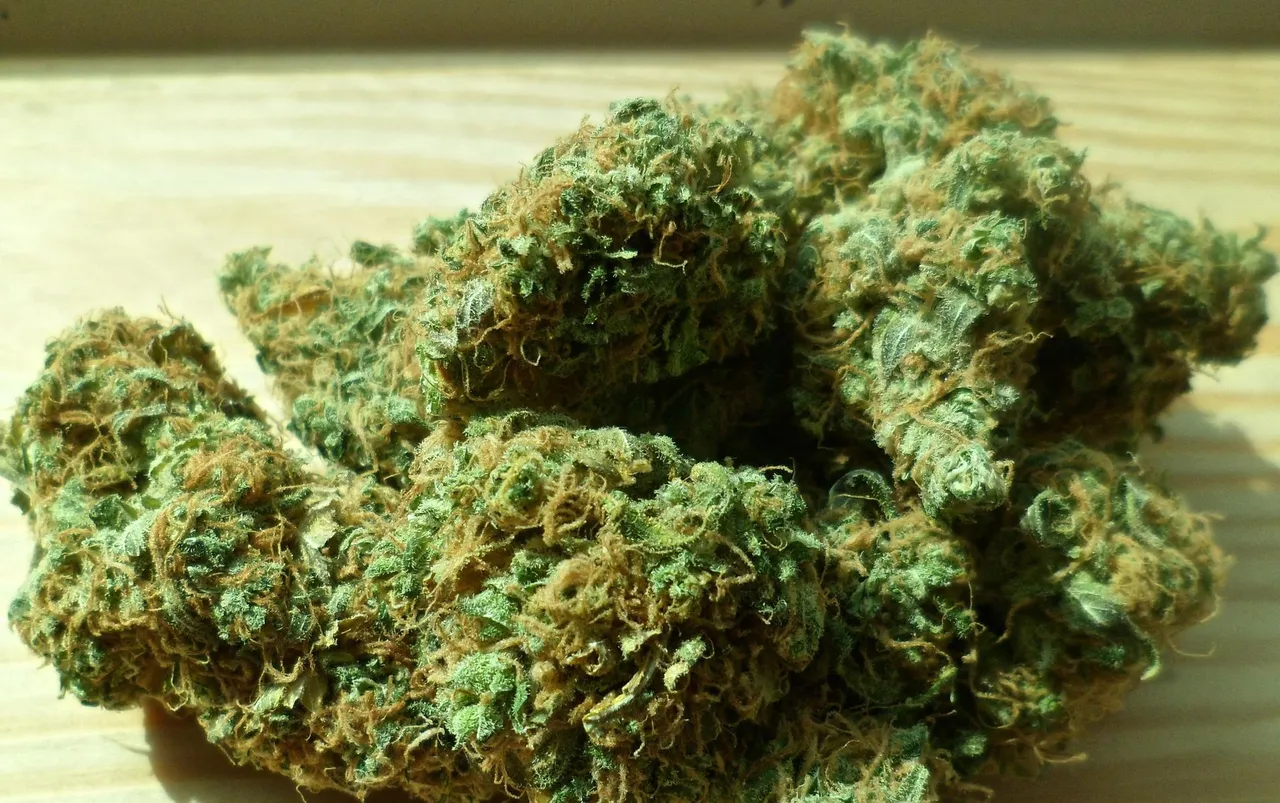 Image by chuck herrera from Pixabay
Image by chuck herrera from Pixabay
The Transition from Obsessional to the Addict – There is Always a Trigger
This is where I flipped from the obsessional to the Addict. From an addictive personality to someone who sought out escape mentally.
I suppose luckily this manifested in addiction to weed – before I get the local pothead thought police saying you can’t become addicted to marijuana – of course you can!
You can become addicted to anything as long as it provides relief from a perceived problem where you seemingly can’t find any other way out.
At the root of addiction lies the need to escape from an emotional/physical/psychological problem, most often all or a combination of the three. I described my addiction to weed as lucky because it is most definitely not as detrimental to the body or psyche as cocaine, heroin or speed.
Often psychotropic substances like marijuana can be used in exactly the opposite way, to open the mind/body from emotional blockages, etc, but it is just a matter of which direction you come from and each person’s past experience.
The old adage that truth is stranger than fiction rings true for me so often when I think about these things because marijuana kicked me in the balls just at the right time to help me grow further in a positive direction in this strange, shifting quicksand that is life.
Around the age of 22 (because I’d started smoking weed daily from the age of 14, and has spent the last 2 years leading up to this incident smoking only high potency pollen and skunk) I developed cannabis psychosis. I’m aware that some people might think this a contentious issue, due to their personal affinity for this mainly harmless drug, but everyone is different and I am not the only one of a group of my friends who smoked weed from a very early age who has gone through the same crippling period of cannabis psychosis.
Another friend of mine who comes from a much more settled background than mine, and who has a much more settled development of their psychology, went through exactly the same process as me.
Slight periods of paranoia turn into days/weeks of severe paranoia –
paranoid hallucinations of an emotional nature manifest -
friends are out to get you –
bad agoraphobia -
all positive effects of smoking weed (creativity, open exchange of ideas between friends, positive introspection) rapidly disappear.
That is the process I experienced, and the timeline was over the course of about two months. Seemingly out of nowhere. Yet, I had just started to meditate, I had started to write again, and was considering going to university – all things which I did/done/do that have enriched my life.
I personally feel like marijuana almost did me a favor at that time by saying “no more of this, it is time to deal with your emotions fully and confront your past,” which is why I never tell any of my friends who enjoy a smoke that it’s a bad or a good thing.
It is a good thing as long as you’re having good effects, it is that simple.
Anyway, I stopped using weed and what followed was a period of great pain. I was forced to confront things in my past and ended up an emotional cripple for a year of my life. I realized I was deeply depressed and anxiety reared its ugly head (things that had been numbed by my habitual smoking). The place I lived at the time looked like a bomb site, with holes in the walls where I had punched through the plasterboard, pretty much zero self-care or cleanliness of my environment… and so on and so on.
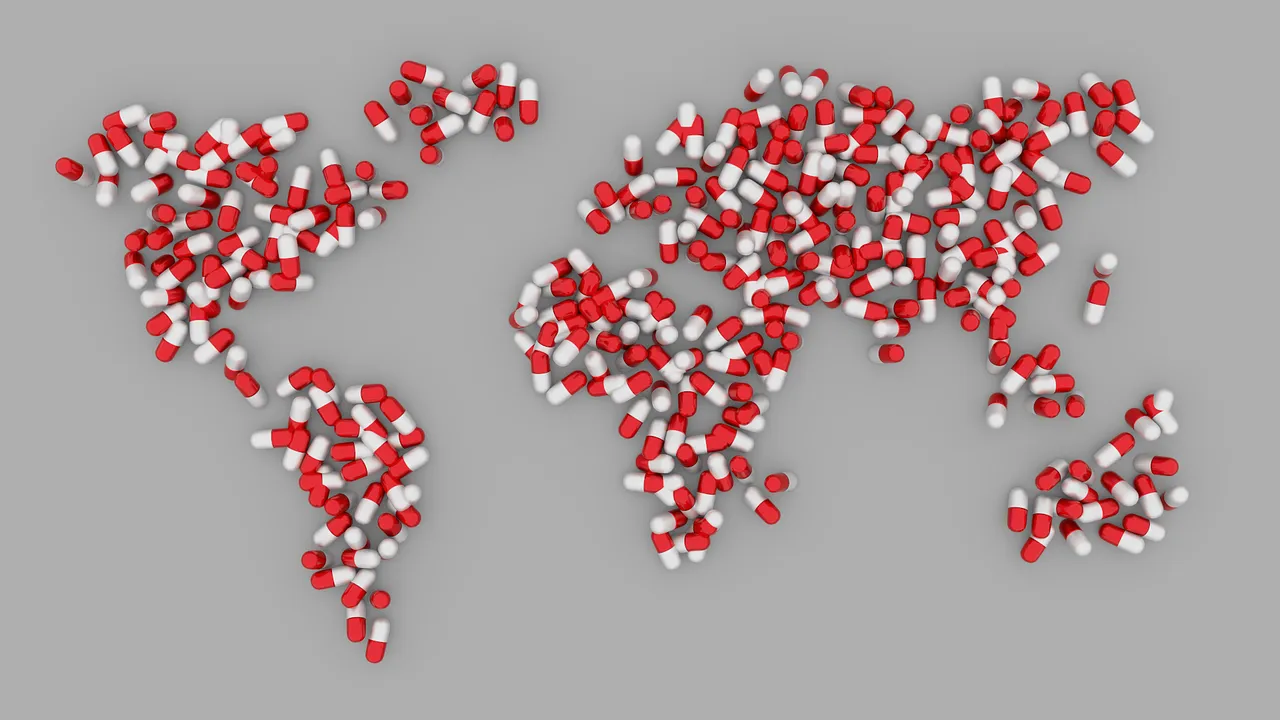 Image by Jukka Niittymaa from Pixabay
Image by Jukka Niittymaa from Pixabay
A Strange Transition from Addict, To Choosing Periods of Addiction
It’s at this point that we get to the nub of the issue of an addictive personality. It was around the time I went to university at the age of 23 that I realized I had an addictive personality; I knew it deep down in my soul. I found it much easier to deal with people on a one-to-one basis (almost as if I became addicted to their energy or personality), I would become far too obsessed with pleasing a girlfriend in a relationship. I was easily steered into substance experiences ‘as I call them’ e.g. I spent at least a year habitually taking ecstasy most weekends in a bar or club environment. That same shit happened with cocaine, and I’ll admit there were periods when it was touch and go of falling into an addict’s way of acting.
This may seem like complete claptrap, especially to anyone reading this who maybe has qualifications in addiction counseling, but throughout the next ten years, it always felt like I chose those times when I thought I needed that escape, and chose to get out when the mechanism of escape was becoming extremely negative.
I stopped taking any party drugs when I went to university, and after that, over the last 15 years, I’ve slipped slowly into choosing these escape mechanisms less and less, until now where I could count on one hand the number of times in the last 5 years I’ve made that choice.
 Image by Gerd Altmann from Pixabay
Image by Gerd Altmann from Pixabay
Time to Answer the EcoTrain Question of the Week – Addiction is a Question of Control
That was quite a lengthy journey I took you upon, but I swear it was needed to address this subject fully and to consider it with the gravitas that it’s due as it’s a big part of why I am who I am.
Strangely enough, I included the excellent picture by Gerd Altmann from Pixabay above because this is an addiction I conquered recently, prior to seeing this post. I deactivated my Facebook account, deleted WhatsApp, and got rid of Twitter links on Google chrome landing page. Even though I've never had social media apps on my phone (pinging me notifications), essentially I was addicted to checking inane crap every ten mins on my phone. Now I am free of that monkey on my back and I literally dedicate thirty minutes to engaging on hive/day (not counting writing time), and that is it for me internet-wise 🙂
@ecoalex asked: What habits or addictions, both good and bad, have you developed and which you would like to get rid of?
Holy cow, if we’re talking about the past I’ve gone over the major ones, but in addition to the long period of daily habitual weed smoking, I’ve also had periods where I experimented with drug-taking (often habitually for shorter periods of time), always in a social setting; cocaine, speed, ecstasy and occasionally hallucinogens such as magic mushrooms or acid (LSD).
Now: Coffee (caffeine), writing in many forms, meditation and using TV to relax in the evenings.
Truly, I am ambivalent about coffee/caffeine as I only like coffee for its taste. For me, a good cuppa coffee has 2 sugars in and it tastes almost like a chocolaty comforting morning ritual. But the reality is that although it often allows me to write fast, and produce vast swathes of content for various writing commissions I have to fulfil by deadlines, I often lose a lot of time in the editing process as coffee can make my thoughts quite jangly and disjointed. Yes, I’ve tried Decafe but it just doesn’t taste the same. Although sometimes I can get into the flow state that is essential for a professional writer to call up at will, at least 30% of the time coffee prevents me from getting into a full flow state.
I’m not sure about TV, I would like to curb my TV watching, as sometimes when certain things are on (such as the snooker that I wrote about recently) that I greatly enjoy watching and playing I can be pulled into binge-watching. But mainly, at normal times, I only watch comedy shows in the evening as a habit as I like to go to sleep after laughter. I think laughter is a greatly underestimated healer and humour as a whole is a balm to the soul.
Meditation is nothing but positive, and I wouldn’t give it up or even want to. I see only good come out of my meditation practice, which I practice around 5 days/week.
Meditation brings one of two things in my experience; if undertaken at bedtime it manifests peace for the night’s sleep, and when done in the morning (or even midday) it focuses my mind with clarity, and often can just put me in a place of no-thought where I can dwell for as long as needed before starting the cognitive process with a fresh face, like a new-born staring wonderingly at the world.
Writing is my life; it is my only outlet for this busy mind. In truth I don’t think I would be here if it weren’t for the outlet writing has provided. Many of the issues I’ve spoken about in this blog today can be worked through with a sense of distance through character development, much of the pain and emotional strain can be exorcised through plot constructs that find the resolutions that I wish could be found in the real world.
To an extent, writing can be a wish-fulfillment exercise, but when writing you have to consider your audience, which brings you out of ego even if you are taking inspiration from your own life, or from the lives of people close to you.
The only problem/s that writing causes me is if I sit for more than an hour without getting up to pace and stretch a little, sitting for long periods can contribute to back (disc injury) issues that I have struggled with most of my life, also writing is such a sedentary activity that the writer can fall into unhealthy ways and neglect exercise.
I think in conclusion, I wish I could limit my caffeine intake and TV consumption. Perhaps replacing TV with reading, which is something I have been working on recently as I started making a habit of never going to sleep straight from watching TV but always reading a chapter of my book. If I’m 100% honest about my writing life, the biggest change I would like to make is to cut down on freelance work somewhat (both outside and on hive) to focus on finishing and pitching a trilogy of novels that I’ve had in the works for years. Still, only so many hours in the day.
With the greater question of addiction, I’ve become increasingly convinced as the years have flown by, especially after I passed my 40th year and meditation became a big part of my life, that an addict is born through pain, whereas an addictive (or obsessional) personality is what it is. If you develop it, or if it is part of your psychological nature through the way our genes pass on traits, nature vs nurture, well that is a different post.
But I am certain that the addictive/obsessive personality can be of great benefit if you can find a positive outlet for its tendencies.
Whereas to be an addict is both a sickness and a choice, it is most often the sad combination of extreme emotional distress that the person can’t deal with, and circumstances that allow them to latch onto some substance or device that numbs them.
If you reached the end of this article, thank you for reading 🌿




 Click banner to visit the community page
Click banner to visit the community page
 Find us on twitter by clicking the banner above.
Find us on twitter by clicking the banner above.
Interested in earning, trading, buying or selling crypto?
Join Presearch privacy focused browser that rewards you with crypto
Sign up to Bittrex here.
Sign up to Coinbase here.
Sign up to Swissborg app to instantly buy crypto here.
Use my referral link to sign up for Crypto.com and we both get $25 USD.
If You Have Found Value From this Post and Want to tip extra, Crypto Donations Are Welcomed:
►Donate Ether and ERC20 Tokens: 0x32321615174AF3Da6074Cf79DED8269cA7a8eB24
►Donate Bitcoin: bc1q8wutj8u6ush7s8mucphfxf7gzrexeywmuqm8g3
►Donate Bitcoin Cash: qzt7c0czw0q988h93jvcz2rq5gy0s3h9pg2pk700ev
►Donate Litecoin: Lfsnz3pbT5V9N6WWGRaBsgKs9EvFeqzcPm
►Donate BNB: bnb1xeu94exteel9w3g8g44e6g595kvrqlgzm0crq4
►Donate Monero: 49PovXGcM9Y7JYeRJ35W9xZGrdivvLaMbVtGc3WDv6amCm5wqA854SvJNWxaEqjTz18K5YVPj5D6619C3bvNHsrG7oD1whb
►Donate Tezos: tz1SJUkpeznKE6bEhbX81YFdUQS5BprA4ot8
►Donate XRP: r35quYTThThN7yNvkJxyhLFAPyju3tsT35